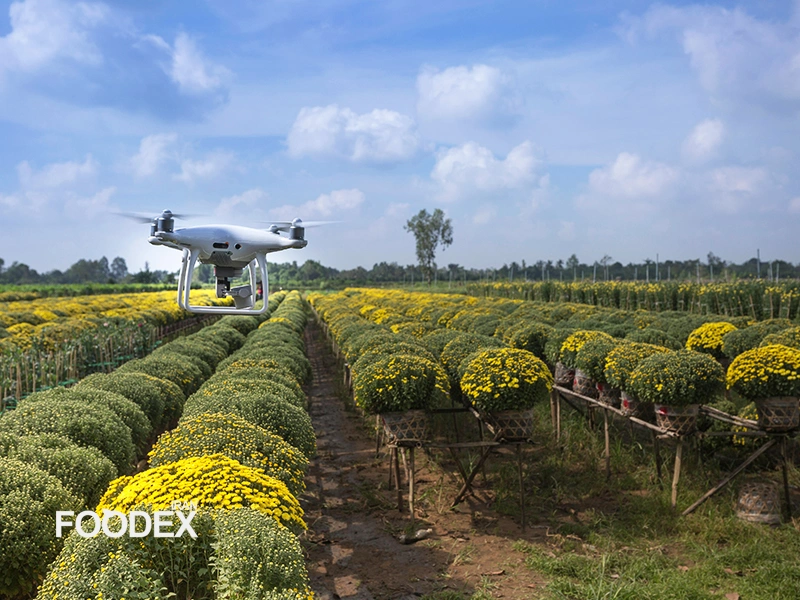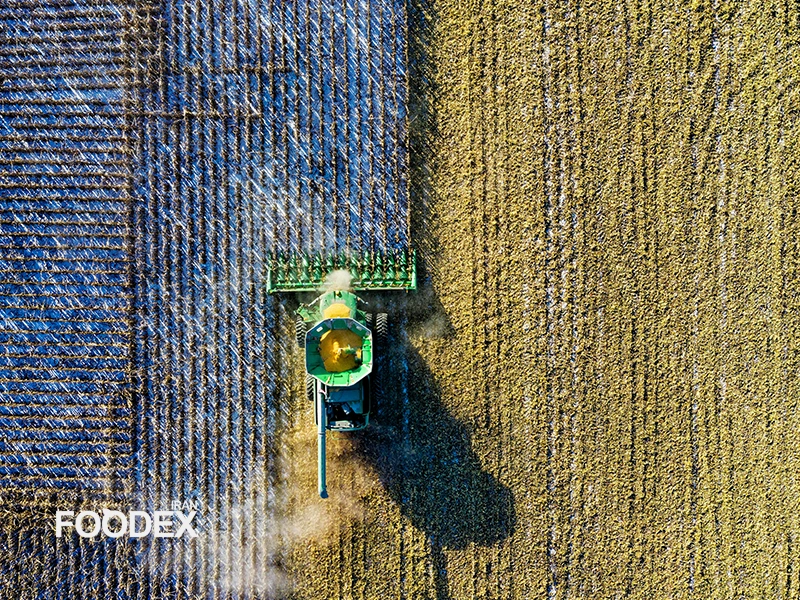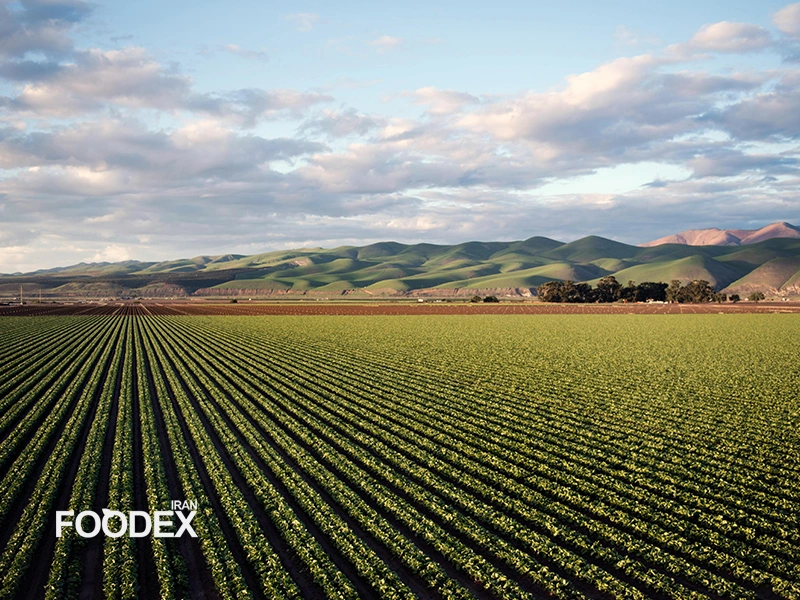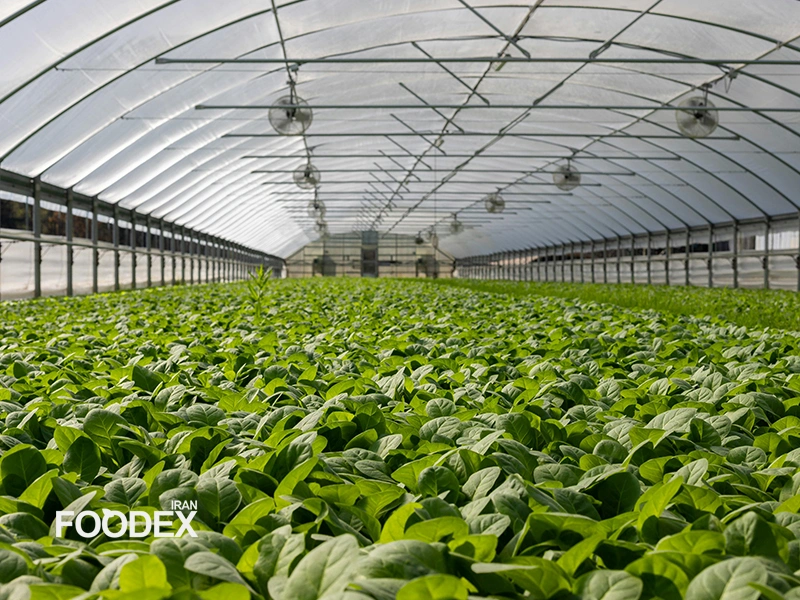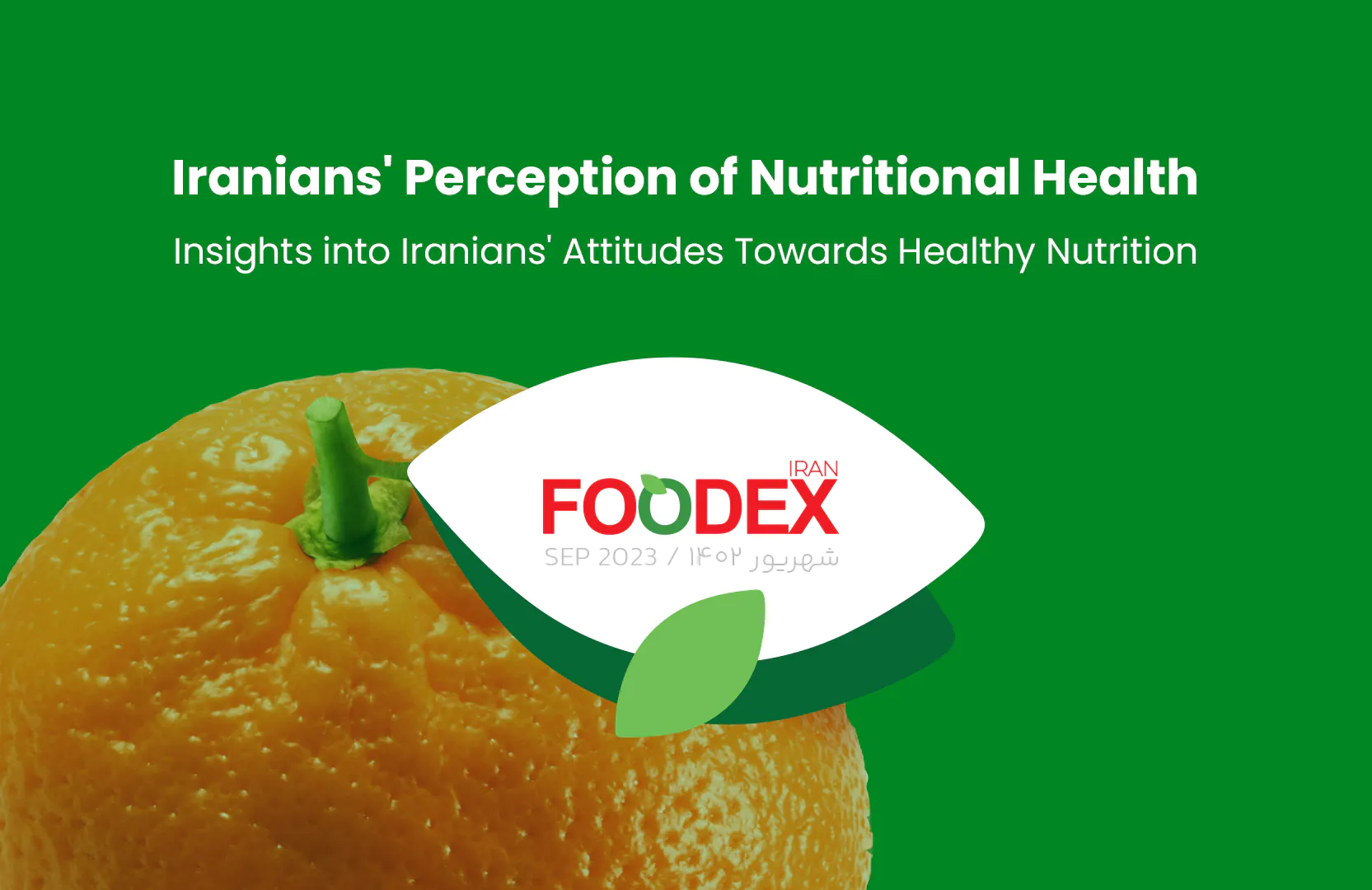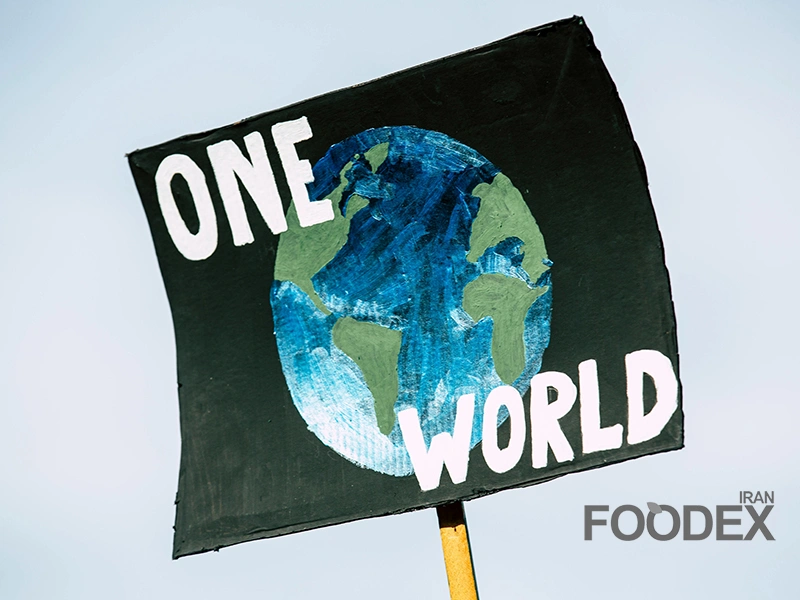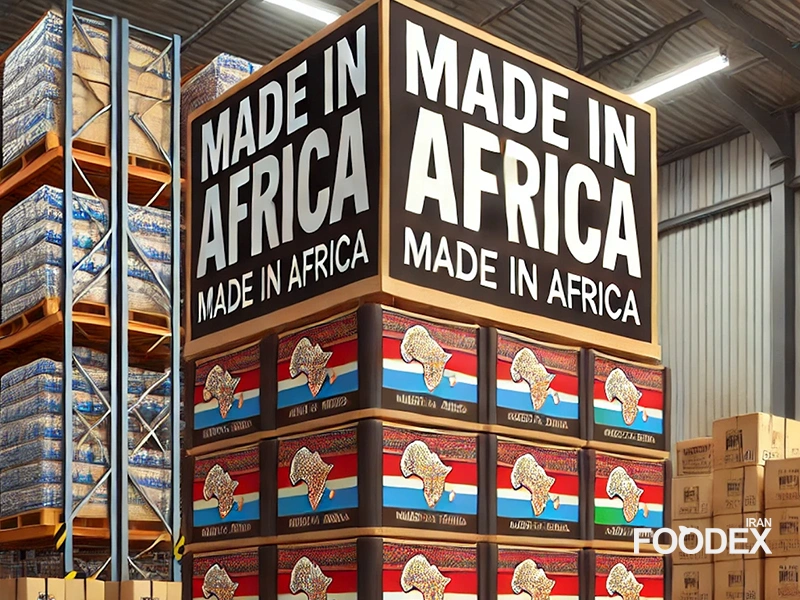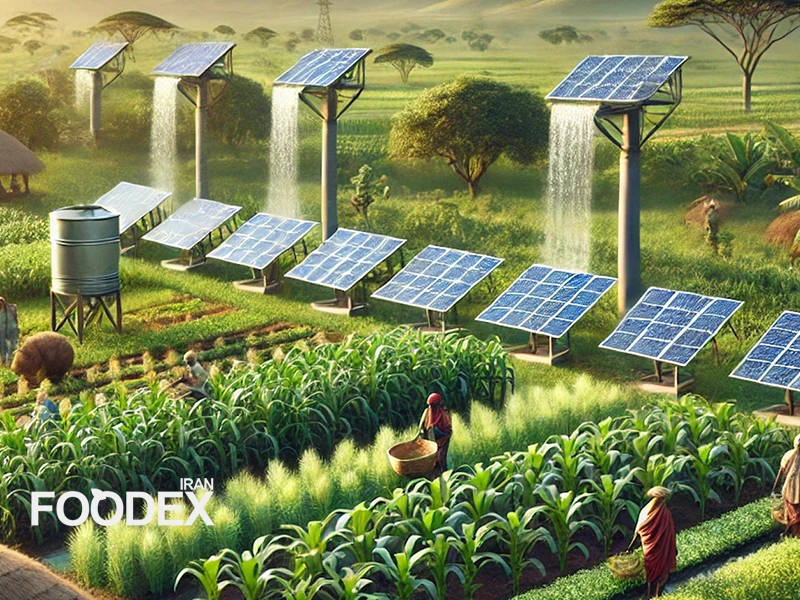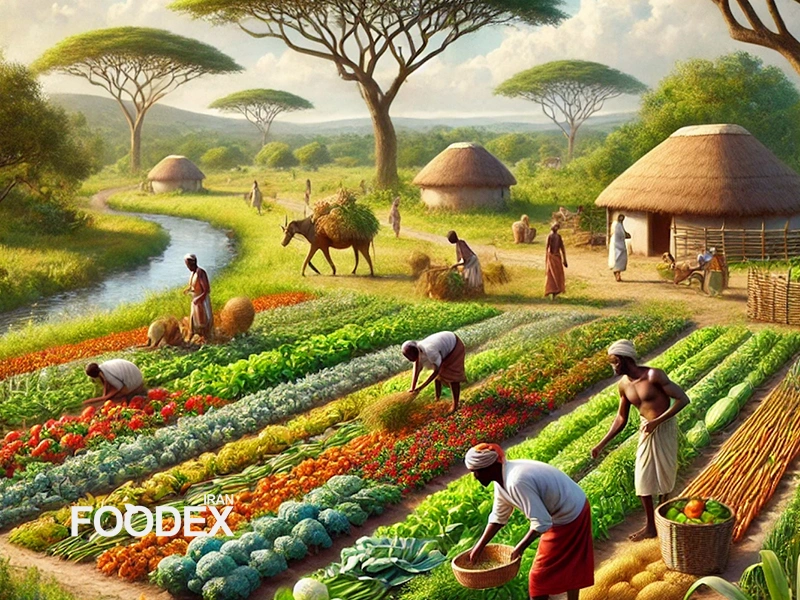Agriculture forms the backbone of humanity’s food supply. The population growth and changing climate conditions demand that we innovate our farming methods. Here, the concept of “Ag 4.0” comes into view. It emphasizes the need for improvement in production techniques, smarter resource usage, and increased agricultural investment. Although this might be new to many, Foodex Iran can help explain its essential and main features.
What is Agriculture 4.0?
In Agriculture 4.0, farming enters a whole different phase. Digital technologies within this agriculture will feature robots, sensors, drones, and smart greenhouses that improve the efficiency of inputs and productive methods. This is about ensuring that global issues, like climate change, are handled for good.
Features of Agriculture 4.0
Agriculture 4.0 enhances traditional farming by boosting farmer performance, cutting costs, and supporting environmental conservation.
Big Data
One of its important features is the application of big data. This makes it possible to collect and study data about weather situations, soil moisture, plants’ development, and stages of growth. The information extracted will guide farmers in making decisions like the timing of water addition, fertilizer, and labor activities.
Internet of Things (IoT)
The role of the Internet of Things in modern agriculture is immense. Smart sensors and connected devices collect real-time field data on soil health, crop conditions, and environmental factors. Such tools further facilitate automation in irrigation and fertilization, providing the right amount at the right time.
Africa’s Agricultural Potential
Turning Challenges into OpportunitiesArtificial Intelligence (AI)
AI-driven tools bring precision and predictability to farming. They indicate the optimum time for planting and harvest, give highly accurate yield forecasts, and enable risk management. With integration with AI, farmers can improve their productivity and sustainability.
Corporate Social Responsibility (CSR): A Necessity for the Food Industry
With increasing awareness in the post-modern world, CSR is not an option but a compulsion for sustenance and to gain society’s trust. The food industry is a significant cause of health and environmental issues; thus, the industry must be at the forefront of adopting corporate social responsibility principles.
What is CSR?
Corporate Social Responsibility means a company binds itself to behave responsibly in conducting its operations, reducing adverse effects on people and the environment. For the food and beverage industry, this involves maintaining ethical standards, ensuring product safety, and sustainably using natural resources.
Principles of CSR
Adhering to CSR principles can facilitate progress in the food industry. These principles provide a framework for responsible corporate activities.
Principle of Legitimacy
Society legitimizes business only as long as it acts responsibly. For example, consumers can boycott a company’s products, negatively affecting society or the environment.
Principle of Public Responsibility
A business firm has the responsibility to remedy the social problems it causes. For instance, a soft drink manufacturing plant should offset the adverse effects of water utilization or environmental pollution.
Principle of Managerial Discretion
Business managers must not make decisions that go against the objectives of society and the ecosystem. This includes sustainably sourcing materials and reducing production waste.
Why is CSR Important for the Food Industry?
CSR is vital for the food industry due to its reliance on natural resources and direct connection to human health and survival. Below are some key reasons why CSR matters in this sector:
Dependency on Natural Resources
The food industry is more dependent upon natural resources than most other industries. Irresponsible use of these resources can cause irreparable environmental damage.
Basic Human Needs
Since the industry directly impacts human health and survival, it should ensure high quality and sustainability standards.
Diverse Structure
Large food firms and smaller ones play varying roles in CSR. Multinational corporations report comprehensively internationally, while smaller companies often engage actively in local communities.
Case Study: Coca-Cola
Coca-Cola is a prominent example of a company that has implemented successful CSR programs. In response to criticism in various regions, the company has taken extensive actions that have garnered significant attention.
The Issue
Coca-Cola faced significant local protests in Vietnam due to accusations of using gigantic amounts of water. This threatened the company’s operations and the brand’s reputation.
Coca-Cola’s CSR Actions
To address these challenges, Coca-Cola implemented several initiatives:
Reducing Water Consumption: Setting targets to reduce water usage in beverage production.
Wastewater Recycling: Fully treat wastewater and return it to the environment in an eco-friendly manner.
Water Replenishment: Launching projects to provide clean water in local communities, including building wells and sanitation facilities.
Final Thoughts: A Sustainable Vision for Agriculture and the Food Industry
Coca-Cola’s efforts paid off, as its brand image regained the local community’s trust. For instance, the “Clean Water for Communities” project provided clean water access to more than 10,000 people.
Visit Foodex Iran magazine for more insights on these topics and concepts related to the food and beverage industries.
FAQ
What is Agriculture 4.0?
Agriculture 4.0 integrates digital technologies such as robots, sensors, drones, and smart greenhouses to boost efficiency, optimize resource usage, and address global challenges like climate change.
Why is CSR crucial for the food industry?
CSR is essential because the food industry relies heavily on natural resources and directly impacts human health, making sustainable practices and ethical standards a necessity.
What is CSR and why does it matter?
Corporate Social Responsibility (CSR) is a company’s commitment to reduce its negative impact on society and the environment. In the food industry, it involves ethical practices, product safety, and sustainable use of resources to build trust and support long-term sustainability.
Ehsan Allahverdi
Executive Manager of Foodex Iran
Marketing Consultant for Leading Food & Beverage Brands
website | linkedin

